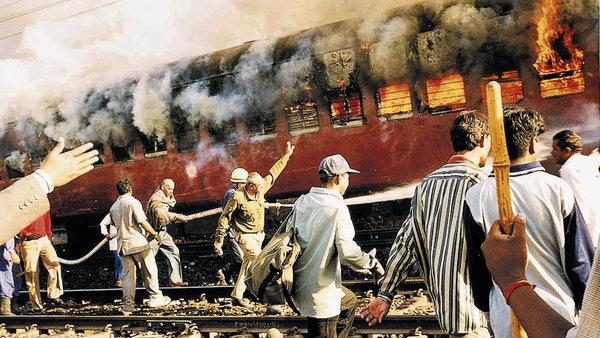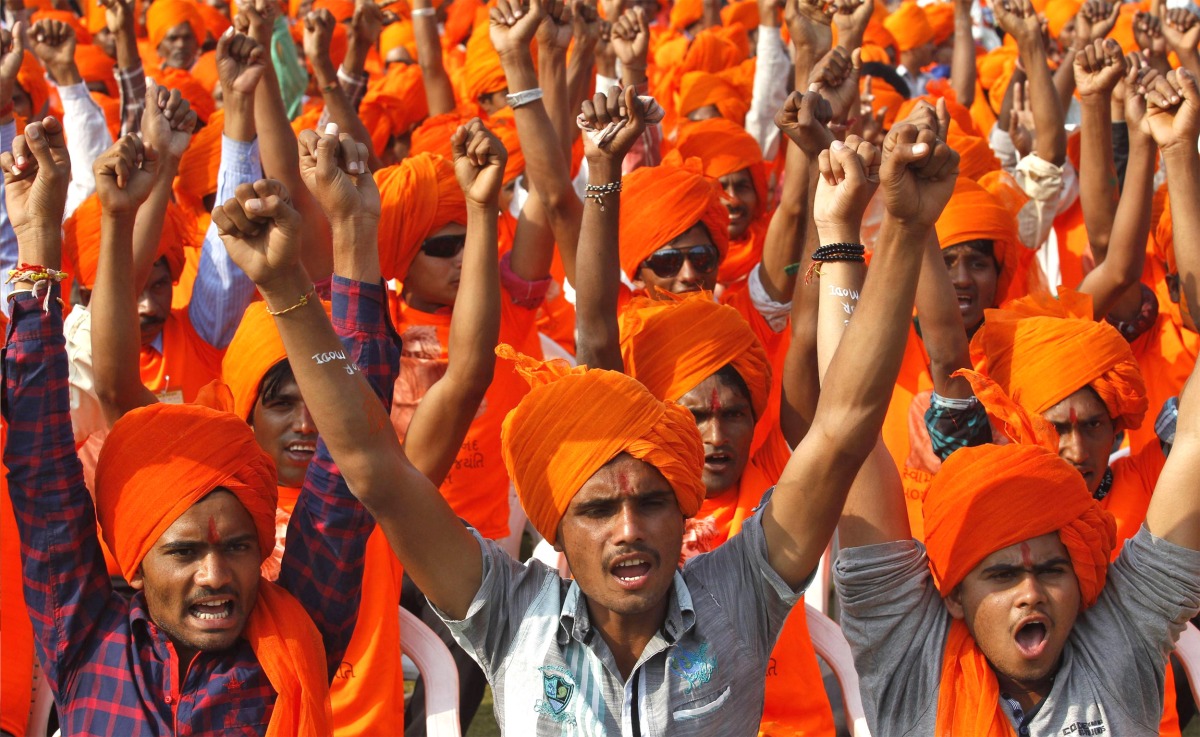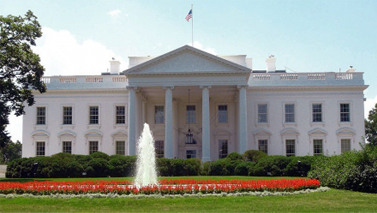So, I don’t want to be a downer here, but this is something that’s important, so although I typically don’t write opinion pieces, this is one. Hindu Nationalism is a vocal minority in the world’s largest democracy, and so it’s a really big deal. Using the IMF’s numbers, India is the second largest economy in the world. The UN and World Bank rank them a little lower, but they’re still in the top 10 by pretty much any metric you look at. India is #3 in terms of real GDP growth rate among countries with over 60 million people. That’s ahead of touted up-and-coming economies like China, Vietnam, and the Philippines. India’s rate of 7.3% is three times that of the United States, and they have the worlds fourth largest military (assuming North Korea’s numbers are correct and not over-inflated).
I hope that I’ve convinced you that India and her 1.2 billion people are important, because I’m going to start talking about Hindu Nationalism now. Sometimes termed “Hindu polity,” Hindu Nationalism really started taking off in the early 19th Century in India, as a sort of response to the British occupation. Uprisings against increasing British power had taken shape in the form of the Maratha Confederacy (I’ve got a post to do with that on Tuesday), the Sikhs in the North, and the Kingdom of Mysore in the South, but all of these had made little effect against the British Raj. Indian political theorists began to argue that the only way that India could truly become Indian again would be to unite.
Well, that all sounds fine and dandy on the surface until you start thinking about it. When had India ever been united? Never. Aurangzeb, the great Mughal Emperor, had managed to extend tentative control over the South, but the speed with which his empire disintegrated after his death calls into question how much control the Mughals truly had. So, where does the notion of “India” come from? Well, it wasn’t a uniquely European idea, but it had not historical precedent until 1948, with India’s independence, and what did the Hindu Nationalists do to the man who had brought India’s independence about (Mahatma Gandhi)? They shot him three times in the chest at point-blank range. Hindu Nationalists don’t want a united India. They want their united India, because there’s a right kind of India and a wrong kind of India.
Nathuram Godse, the man who assassinated Mahatma Gandhi, was a member of the RSS (Rāṣṭrīya Svayamsēvaka Saṅgha, or National Volunteer Organization), a controversial group that has admittedly done a number of good things. The RSS is well-known for its blood drives during the Bangladeshi Revolution in 1971 and responding quickly and effectively to humanitarian crises – often better than the government. In 1975, when Indira Gandhi attempted to suspend the Constitution, the RSS were on the front lines protesting her, despite her unilateral suspension of the right to free speech. I’m not here to tell you that the RSS is bad because they’re Hindu Nationalist. I’m saying they’re dangerous and Hindu Nationalist and that there’s a strong correlation between having this far-right perspective and being dangerous. The fact that the RSS has been associated in some way with almost every major Hindu Nationalist movement in the last forty years or so is concerning. Its role in the destruction and vandalism of mosques is concerning.

The RSS is currently closely associated with the BJP – Bharatiya Janata Party (Indian People’s Party) – the group currently in charge and from which Narendra Modi, the Indian Prime Minister, hails. Typically the BJP prioritizes the globalization of India and the promotion of a robust, industrialized economy over social welfare (the MO of the Indian National Congress), and, although there’s far more nuance to it than this, one could potentially label the BJP as more similar in terms of economic policy to the Republican Party in the United States and the INC as more similar to the Democratic Party. Socially, however, the INC would lie somewhere in the middle in the United States, while the BJP lies far to the right.
So a little on Modi now. He was initially loved by the Western media. I mean, this was a guy who was going to fix up Indian politics and fix up the economy, just like he had as Chief Minister of Gujarat state. Economically, India’s done pretty well under him, but since his election in 2014, hundreds of violent attacks on non-Hindus, particularly Muslims, have been carried out with little response from the government. People like to tout Modi’s success in Gujarat, but they seem to forget about a few little things that happened in 2002, when as many as 2500 Muslims were killed in February and March.

Modi was incapable of reeling the violence in, which might lead one to question whether the BJP politician was even interested in stopping the anti-Muslim killings. Critics will also point out that the violence was cleaned up when the violence started spilling over to Hindus. Now, none of this can be officially tied back to Modi himself, and he has done a good job of keeping corruption at arm’s length away from him, but still, it happened on his watch. When BJP politicians such as Manohar Lal Khattar are saying that they think people who eat beef should leave the country, it might suggest that the far right is not so far away from the BJP as one might like to pretend.
In the words of James Carville, “The economy, stupid.” People don’t really care about civil issues that much when their pocketbooks are suffering. I’m not saying that’s right – quite the opposite – but it’s also unreasonable to expect anything different, particularly in a country with so many people who cannot survive if their pocketbooks suffer, and when Narendra Modi can offer real economic change like he did in Gujarat, people are going to vote for him, particularly after years of domination by the INC.
Here’s my counterpoint, however. There is a common-sense correlation, that is backed up somewhat by statistics, but the methods of gathering such data are suspect, between civil peace and economic growth. Can we really expect people to go out and invest and spend money if they are afraid to do so? If they are afraid that the government is hostile to their way of life? Don’t forget that Modi’s successes in Gujarat came after the end of the 2002 riots. If the BJP wishes to be an effective, uniting voice in Indian politics it is going to have to start reaching across the aisle, and as long as Modi continues to pretend that he has the majority and the mandate in New Delhi that he had in Gujarat, real socio-economic change will not happen.


